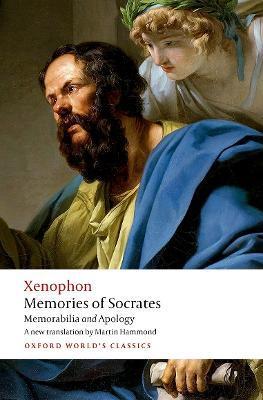Memories of Socrates: Memorabilia and Apology

Memories of Socrates: Memorabilia and Apology
coaxing and challenging his associates to make themselves better people, not least by the example of how he lived his own life. Self-knowledge, leading to a reasoned self-control, was for Socrates the essential first step on the path to virtue, and some found it uncomfortable. The Apology is a moving account of Socrates' behaviour and bearing in his last days, immediately before, during, and after his trial.
PRP: 80.29 Lei
Acesta este Prețul Recomandat de Producător. Prețul de vânzare al produsului este afișat mai jos.
64.23Lei
64.23Lei
80.29 LeiLivrare in 2-4 saptamani
Descrierea produsului
coaxing and challenging his associates to make themselves better people, not least by the example of how he lived his own life. Self-knowledge, leading to a reasoned self-control, was for Socrates the essential first step on the path to virtue, and some found it uncomfortable. The Apology is a moving account of Socrates' behaviour and bearing in his last days, immediately before, during, and after his trial.
Detaliile produsului










